Nestled in the heart of New England, Massachusetts stands as a living testament to America’s historical, cultural, and intellectual tapestry.
From the hallowed grounds of the American Revolution to the cutting-edge innovation hubs, the Bay State boasts a global legacy.
Its diverse landscapes, iconic landmarks, and influential figures contribute to a narrative rich in depth and significance.
As we delve into the facts about Massachusetts, we embark on a journey through time, exploring facts about Massachusetts that define this state as a beacon of American heritage.
25 Facts About Massachusetts
Massachusetts, known for its rich history and vibrant culture, boasts many fascinating facts contributing to its unique identity. From pivotal moments in American history to cutting-edge innovations, the state’s significance resonates far beyond its borders.
1. Pilgrims’ Landing at Plymouth
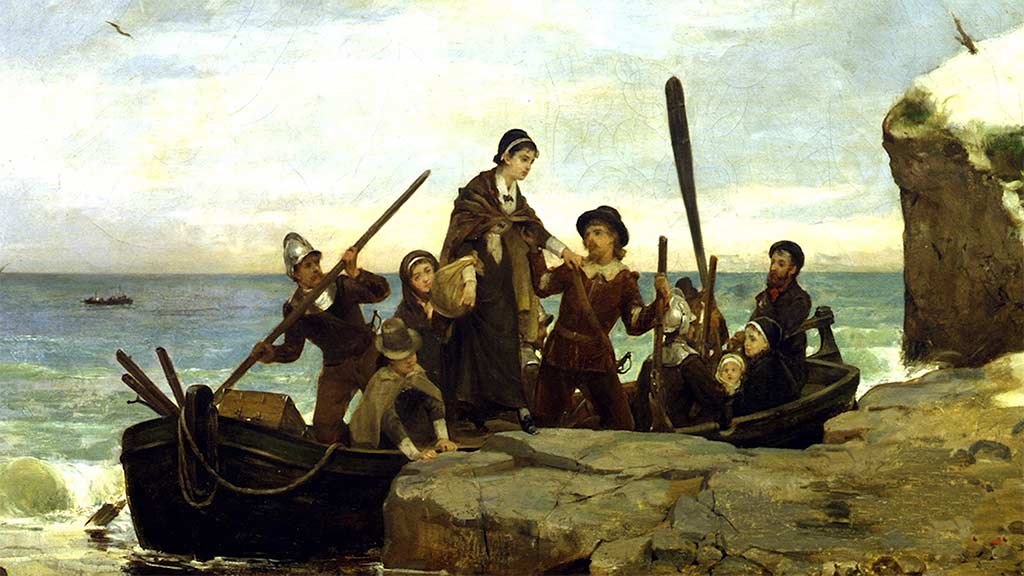
The story of the Pilgrims’ arrival on the Mayflower in 1620 marks a foundational chapter in American history. Plymouth, Massachusetts, witnessed this historic landing, becoming the site where the Mayflower Compact, a precursor to the U.S. Constitution, was drafted.
2. Harvard University

Massachusetts is home to Harvard University, which was established in 1636 and is renowned as the oldest institution of higher education in the United States.
This Ivy League university has played a crucial role in shaping academic excellence and intellectual discourse.
3. Innovation Hub
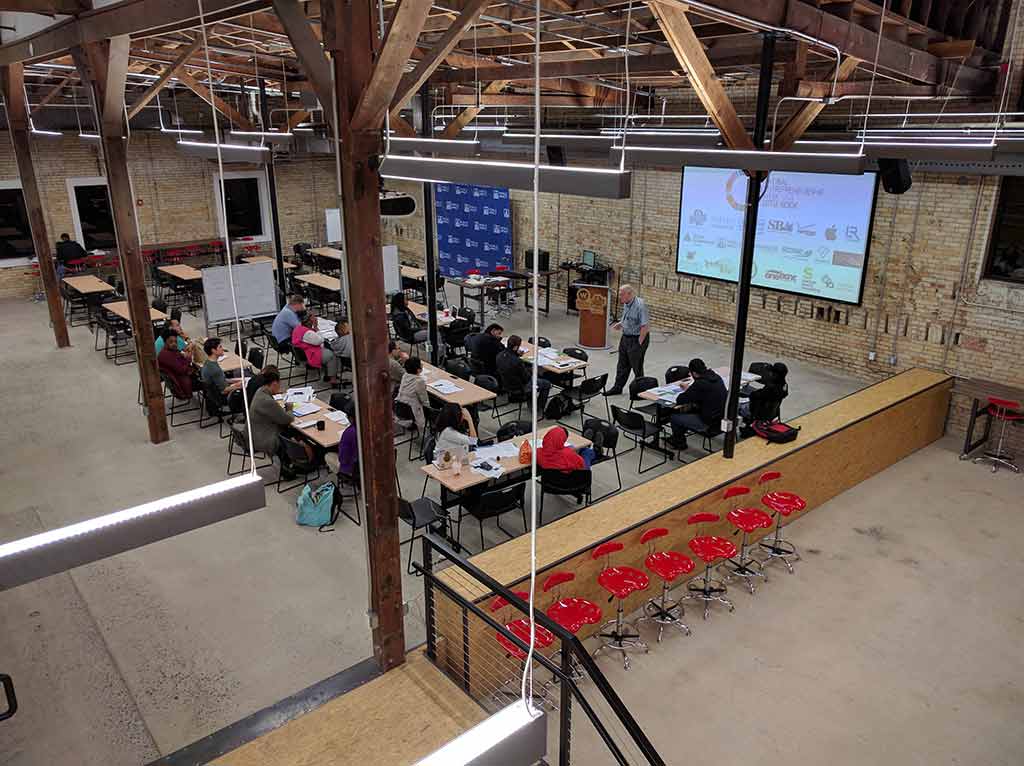
Known as an innovation hub, Massachusetts has been at the forefront of technological advancements. Kendall Square in Cambridge is a global center for biotechnology and innovation, housing numerous renowned research institutions, startups, and tech companies.
4. Salem Witch Trials
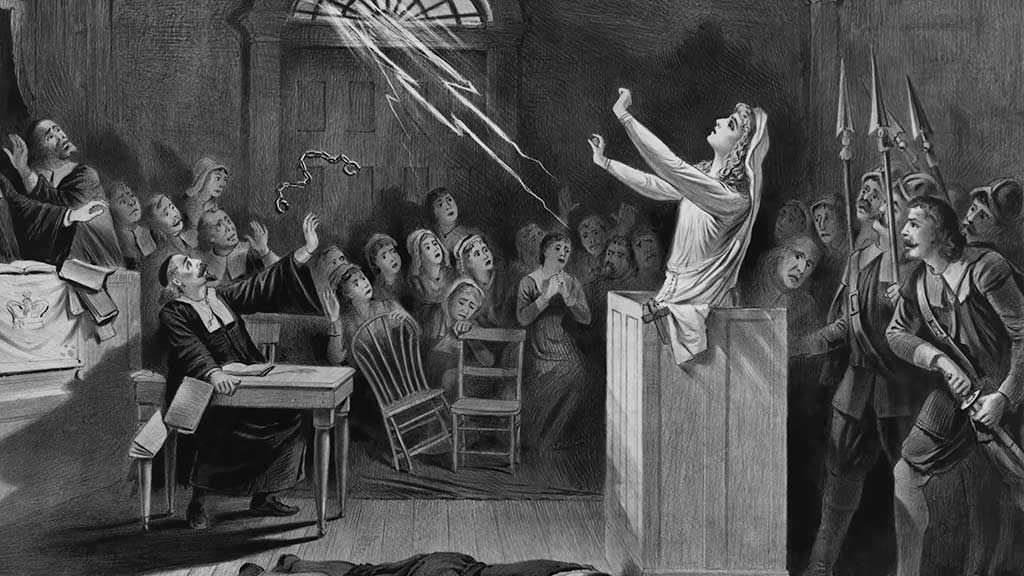
The infamous Salem Witch Trials of 1692 unfolded in Massachusetts, having a lasting impact on American history. The trials, centered in Salem, revealed the dangers of mass hysteria and unjust accusations, prompting reflection on the principles of justice.
5. Boston Tea Party

Massachusetts played a pivotal role in the American Revolution, and the Boston Tea Party in 1773 symbolized colonial resistance to British taxation. This act of defiance, staged in Boston Harbor, catalyzed the independence movement.
6. Transcendentalist Movement
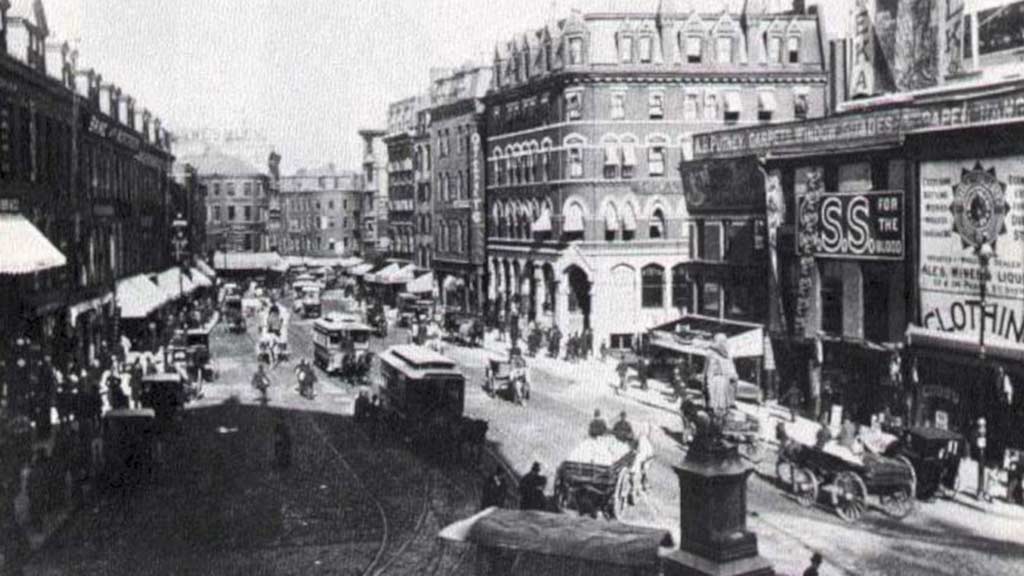
Massachusetts played a central role in the Transcendentalist movement of the 19th century. Literary figures like Ralph Waldo Emerson and Henry David Thoreau, both associated with Concord, expressed philosophical ideals that influenced American thought profoundly.
7. Basketball’s Birthplace
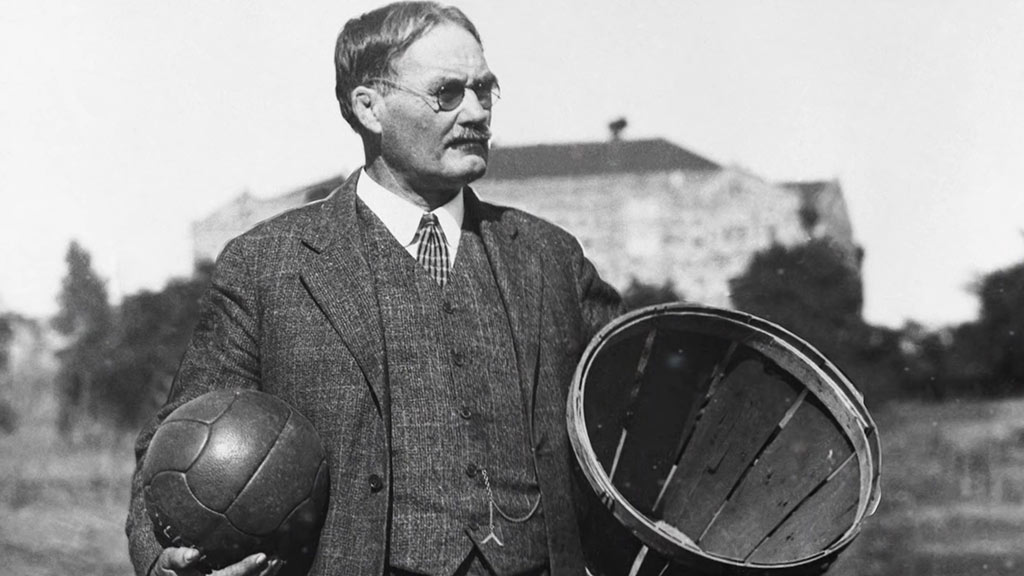
Springfield, Massachusetts, is recognized as the birthplace of basketball. In 1891, Dr. James Naismith, a physical education instructor, invented the game at the International YMCA Training School, laying the foundation for one of the world’s most popular sports.
8. Maritime Legacy in Nantucket
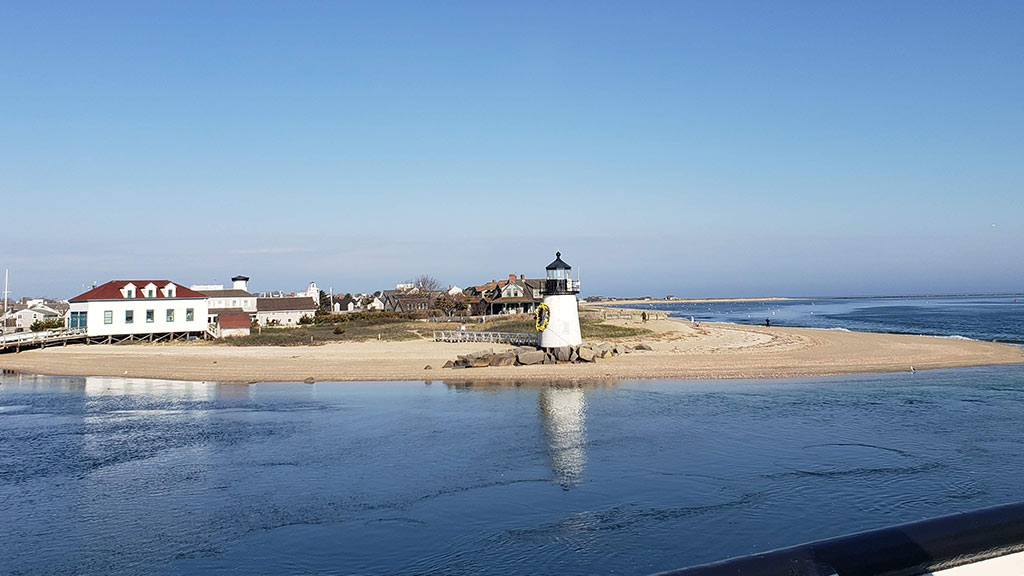
Nantucket, an island off the coast of Massachusetts, boasts a rich maritime history. Once a major whaling hub, the island preserves its seafaring heritage through charming architecture, cobblestone streets, and museums that reflect its nautical past.
9. Nicknames and Bay State

Massachusetts is often called the “Bay State” due to its picturesque bays along the coastline. The state is sometimes humorously called the “Old Colony State” and the “Spirit of America,” reflecting its historical and patriotic significance.
10. Boston Marathon

The Boston Marathon, established in 1897, is one of the oldest annual marathons globally and attracts runners worldwide. Held on Patriots’ Day, the marathon is renowned for its challenging course and is deeply ingrained in the state’s sporting culture.
11. Minutemen and Lexington Green
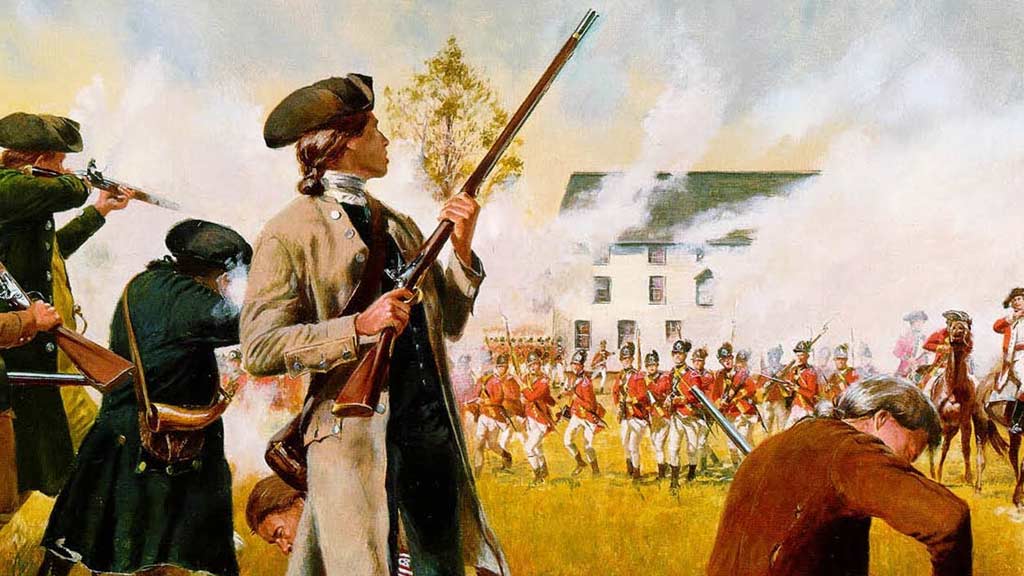
Lexington, Massachusetts, is synonymous with the start of the American Revolution. The Battle of Lexington on April 19, 1775, saw the first shots fired between British troops and American colonists, immortalizing the Minutemen and marking the beginning of the Revolutionary War.
12. Louisa May Alcott’s Orchard House
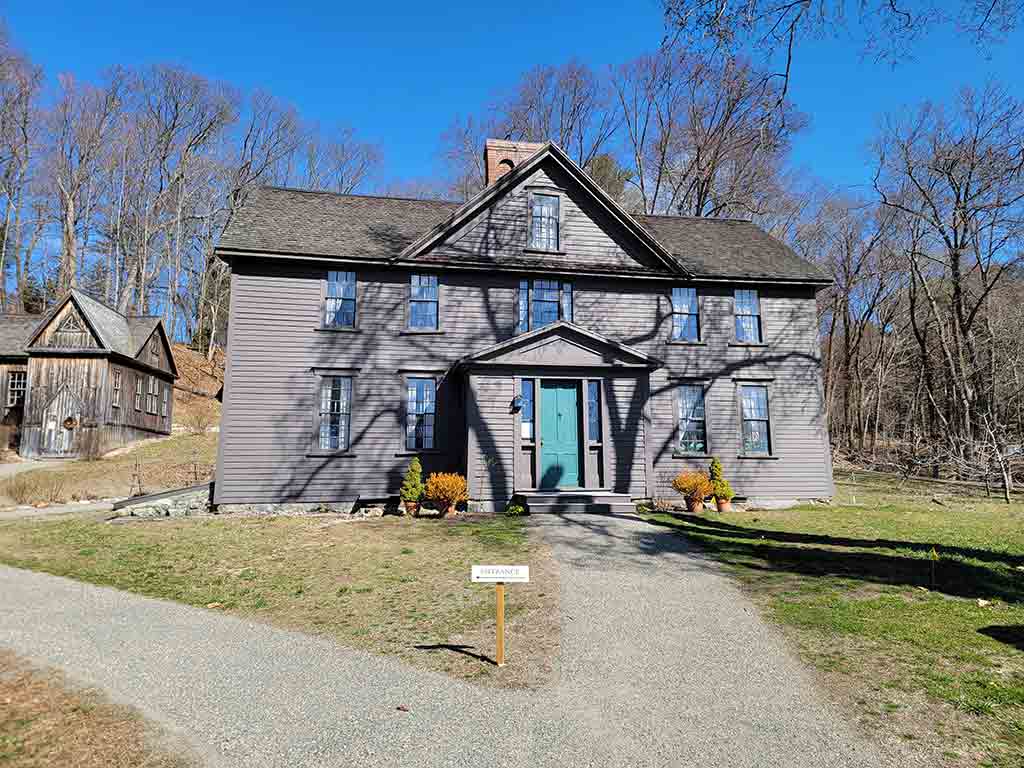
Concord is home to Orchard House, the residence of author Louisa May Alcott, where she penned the beloved novel “Little Women.” The house, now a museum, offers a glimpse into Alcott’s life and the inspiration behind her timeless work.
13. Plimoth Plantation
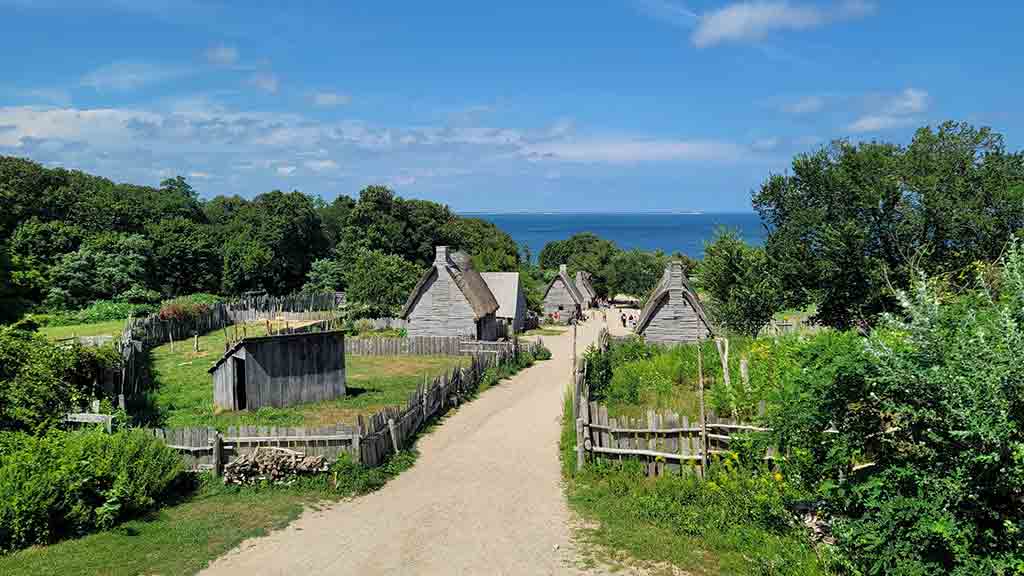
Plymouth hosts Plimoth Plantation, a living history museum depicting the 17th-century Pilgrim and Wampanoag Native American experience. Visitors can engage with costumed interpreters, providing an immersive journey into the region’s colonial past.
14. Cape Cod’s Lighthouses
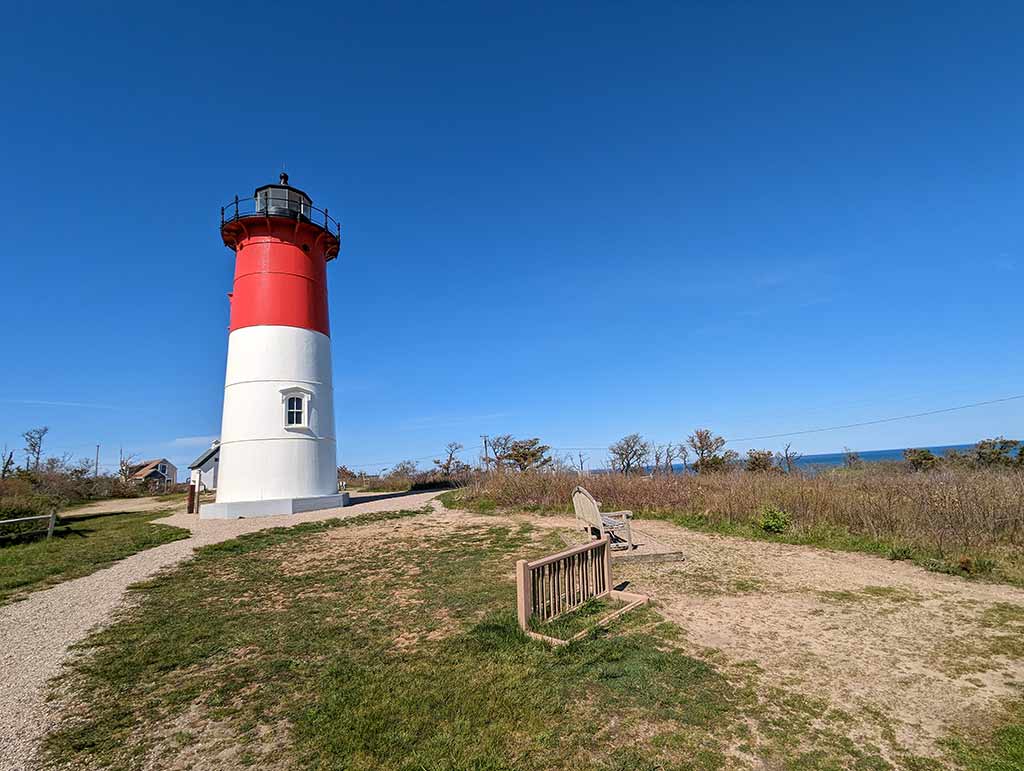
Cape Cod is adorned with picturesque lighthouses, such as Nauset Light and Highland Light, guiding sailors along its scenic coastline. These iconic structures contribute to Cape Cod’s maritime charm and offer breathtaking views of the Atlantic Ocean.
15. Invention of Volleyball

William G. Morgan, a YMCA instructor in Holyoke, Massachusetts, created volleyball in 1895 as a less strenuous alternative to basketball. The sport quickly gained popularity, and its invention is commemorated in the Volleyball Hall of Fame located in Holyoke.
16. MIT and Innovation Hub

Massachusetts Institute of Technology (MIT) in Cambridge is a global technological innovation and research epicenter.
It has played a pivotal role in shaping advancements in science, engineering, and technology, solidifying its status as a premier educational and research institution.
17. Fenway Park

Fenway Park, located in Boston, is one of the oldest baseball parks in the country. Home to the Boston Red Sox, Fenway Park is celebrated for its iconic “Green Monster” wall and is a cherished venue for sports enthusiasts.
18. Robert Frost’s Farm in Derry

While not born in Massachusetts, poet Robert Frost spent much of his life in Derry, New Hampshire, just across the state border. The Frost Farm is a homage to the poet’s legacy, preserving the farmhouse and landscapes that inspired many of his poems.
19. Walden Pond
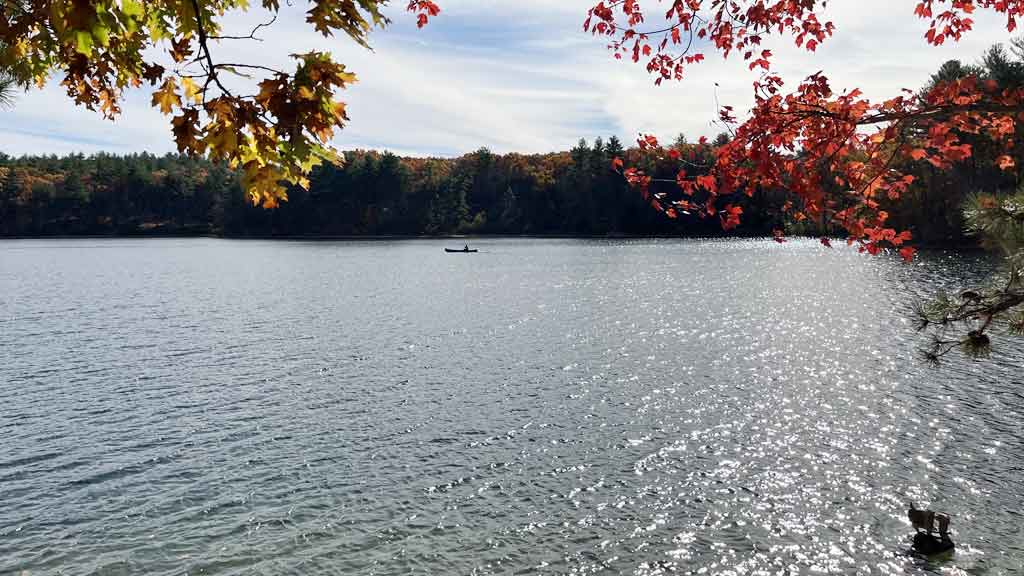
Concord’s Walden Pond, immortalized by Henry David Thoreau’s “Walden,” is a tranquil haven that attracts nature lovers and literary enthusiasts alike. Thoreau’s experiment in simple living by the pond remains an enduring symbol of transcendentalist philosophy.
20. Quabbin Reservoir
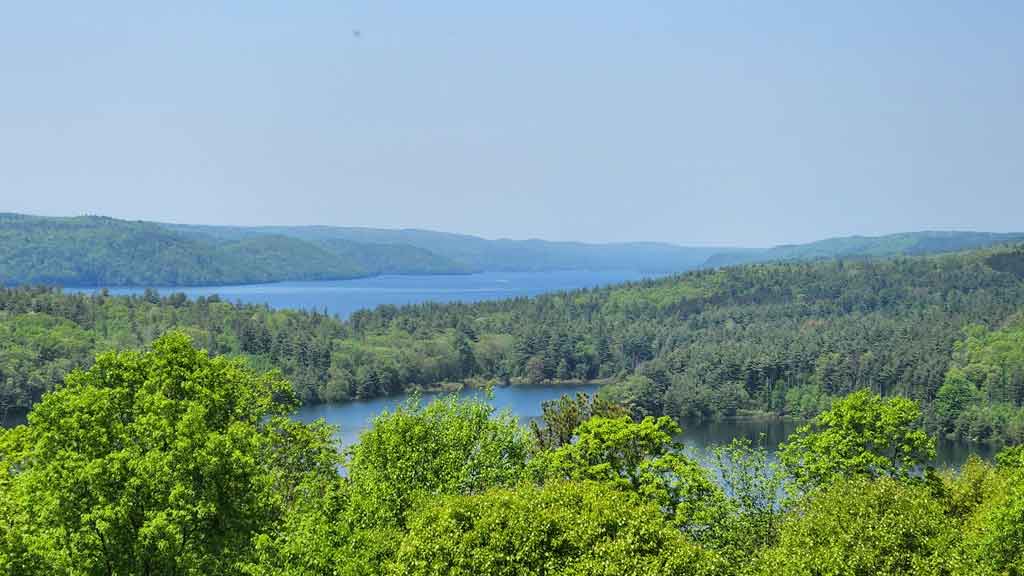
The Quabbin Reservoir, located in central Massachusetts, is one of the largest man-made public water supplies in the United States. Formed by the damming of the Swift River, it not only provides essential drinking water and offers a serene setting for outdoor activities.
21. The Freedom Trail
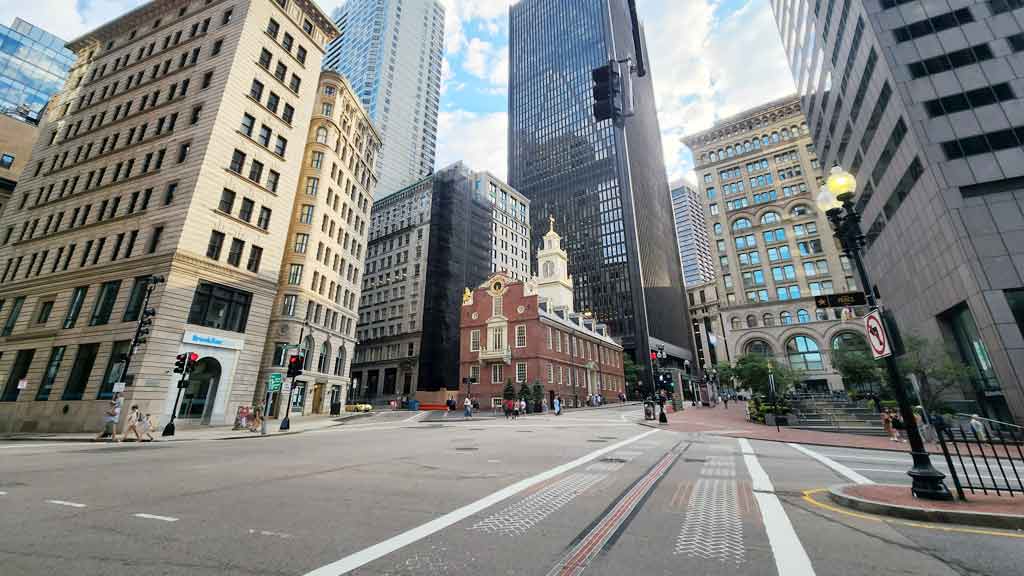
Boston’s Freedom Trail is a 2.5-mile-long path that leads visitors to 16 historically significant sites. From the Massachusetts State House to Paul Revere’s House, the trail provides an immersive journey through pivotal moments in American history.
22. The Berkshires’ Arts Scene

The Berkshires, a picturesque region in western Massachusetts, hosts a thriving arts scene. Tanglewood, the summer home of the Boston Symphony Orchestra, and the Massachusetts Museum of Contemporary Art (MASS MoCA) contribute to the area’s cultural vibrancy.
23. Harbor Islands
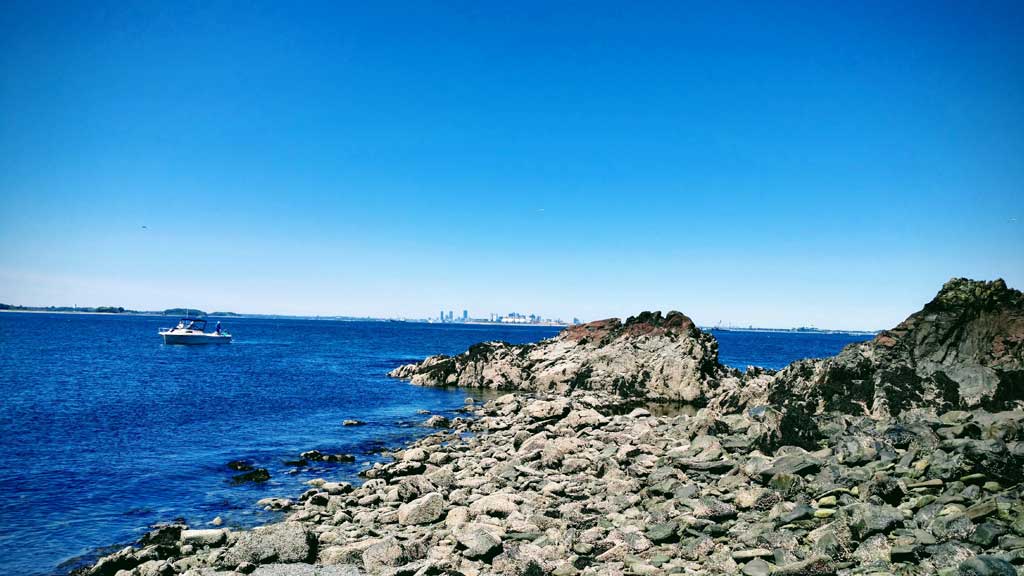
The Boston Harbor Islands, a collection of 34 islands, offer a unique escape from urban life. Accessible by ferry, these islands boast scenic trails, historic forts, and opportunities for outdoor recreation, making them a hidden gem in Massachusetts.
24. Harriet Beecher Stowe’s House
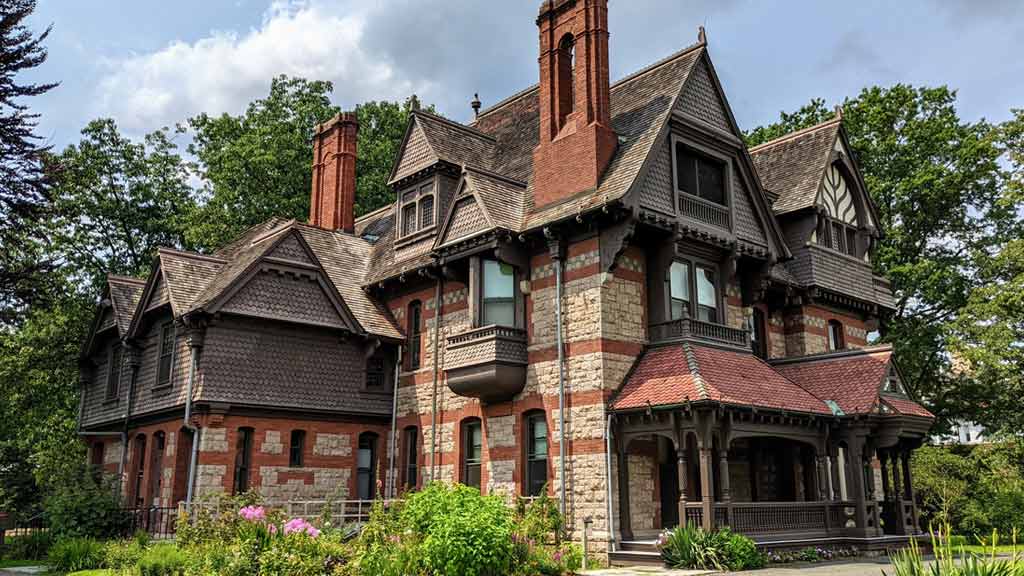
Brunswick, Maine, maybe a bit beyond the state line, but it’s worth noting that Harriet Beecher Stowe, the author of “Uncle Tom’s Cabin,” spent part of her life in this town. Her house is a testament to her literary legacy.
25. Edgartown on Martha’s Vineyard
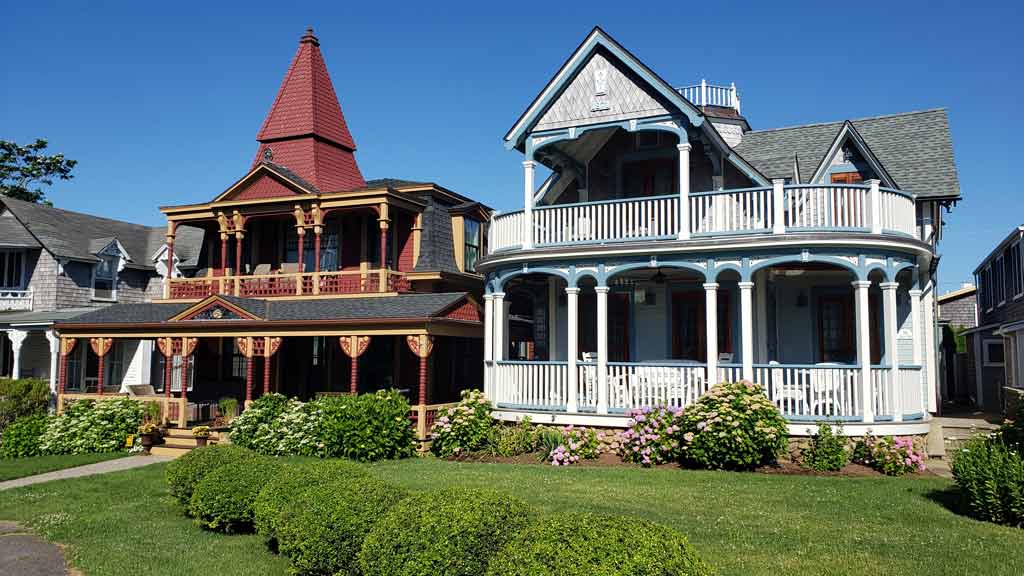
Edgartown, a charming town on Martha’s Vineyard, is known for its historic architecture, scenic waterfront, and maritime character. Its lighthouses, sandy beaches, and a distinct New England coastal charm attract visitors.
These additional facets of Massachusetts reinforce its standing as a multifaceted destination, offering a blend of historical resonance, artistic vibrancy, natural beauty, and literary heritage. Each discovery adds depth to the state’s narrative, inviting exploration and appreciation.
FAQs
How influential is Massachusetts in literature?
Massachusetts boasts literary giants like Louisa May Alcott, Nathaniel Hawthorne, and Henry David Thoreau. Their works, including “Little Women” and “The Scarlet Letter,” contribute significantly to American literature.
What is the Freedom Trail in Boston?
The Freedom Trail is a 2.5-mile path in Boston that connects 16 historical sites related to the American Revolution, including the Massachusetts State House and Paul Revere’s House.
Why is Boston called the “Hub of the Universe”?
Oliver Wendell Holmes coined the term in the 19th century, highlighting Boston’s intellectual and cultural prominence and referencing it as the hub of intellectual and artistic activity.
How did the Boston Tea Party impact history?
The Boston Tea Party of 1773, where colonists protested British taxation, is a pivotal event in American history, fueling sentiments that led to the Revolutionary War.
What is the significance of Harvard University?
Founded in 1636, Harvard University is the oldest institution of higher education in the U.S., playing a central role in shaping academic excellence and intellectual discourse.
Conclusion
Massachusetts emerges not only as a state steeped in history but also as a vibrant and evolving entity. The facts encapsulated in its story reflect a tapestry woven with threads of intellectual prowess, cultural richness, and natural beauty.
From the stirring echoes of the Pilgrims’ landing to the contemporary innovations in its bustling cities, Massachusetts remains a beacon of inspiration.
These facts encapsulate the essence of a state that continues to shape the American narrative, making it an enduring source of fascination and pride for residents and visitors alike.
Jaclyn Lowe